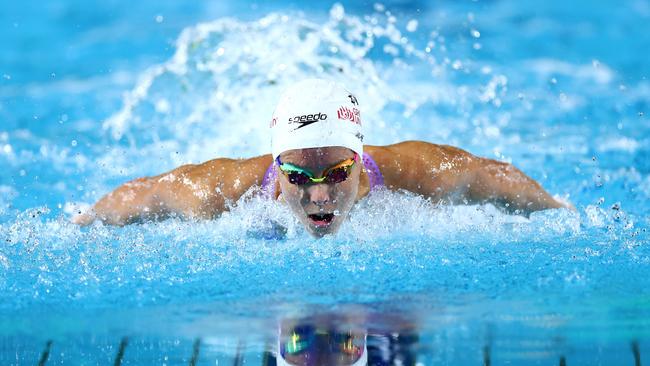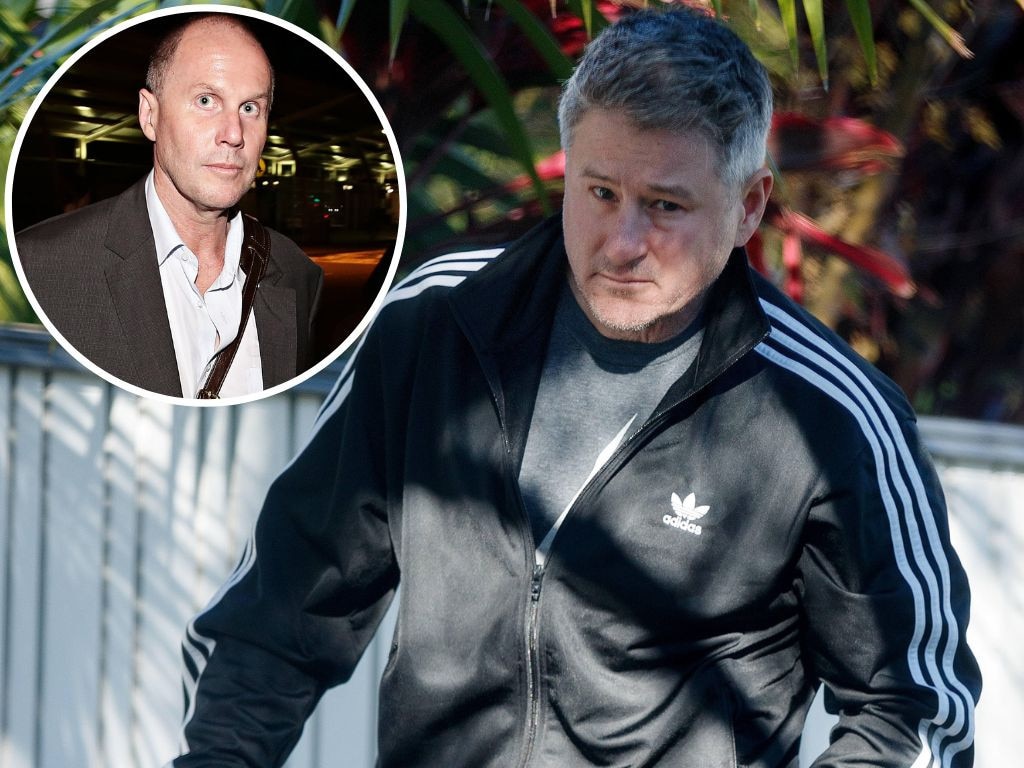Nine’s Games hopes stung by ad decline as hopes of profit fade
Nine is facing an Olympic-sized revenue headache as it desperately seeks to sell a raft of unfilled advertising slots for its coverage of the Paris Games.

Nine is facing an Olympic-sized revenue headache as it desperately seeks to sell a raft of unfilled advertising slots for its coverage of the Paris Games.
With the Opening Ceremony less than six weeks away, The Australian understands that the embattled media company’s sales team is struggling to find clients for its smaller Olympics advertising packages, which, cumulatively, are worth many millions of dollars.
Nine insiders claim that, while the company has safely locked it in its major sponsors for the Games, its smaller ad packages are proving to be a tougher sell.
The longer than -expected industry-wide slump in the advertising market, combined with the reputational damage borne by Nine over past month – amid the fallout from widespread allegations of workplace harassment and bullying – have combined to clip the network’s Olympics revenue projections, insiders say.
The slowdown in advertising revenue has been so dramatic that, if Nine’s coverage of the Paris Games breaks even, it will now be seen as an acceptable result by the company’s bean counters.
In February 2023, Nine paid $305m for the exclusive rights to the next five Olympic Games, from Paris in 2024 through to Brisbane in 2032.
That deal covers the 2026 and 2030 Winter Olympics as well, and includes all audio and visual rights for both the summer and winter Games over the life of the agreement.
Nine chief executive officer Mike Sneesby has been bullish about Nine’s long-term investment in the Olympics, and as recently as November was telling shareholders that he was confident that all of the company’s advertising packages for the Games would be sold.
“We have a number of partnerships confirmed and we are on track to sell all major partnership and sponsorship packages. We are also confident that progress in our commercial partnerships around tent-pole assets like the Olympic and Paralympic Games will contribute further to underlying revenue share performance across all of our platforms,” Mr Sneesby said last November.
But The Australian understands that Nine’s sales team is racing against the clock to meet its Olympics targets, with the recent claims of a toxic culture at the network having come at the worst possible time.
A Nine spokesman declined to answer questions from The Australian on the progress of advertising sales for the Games.
Recent history shows that it’s difficult for host broadcasters in Australia to turn a profit on Olympics coverage, largely due to the exorbitant production costs. If projected advertising revenue falls short, it’s almost impossible.
And while the Olympics halo effect – the increased trust and affinity businesses are able to generate when advertising around or aligning themselves with the two-week event – is extremely valuable, its worth varies from Games to Games, depending on factors such as time zones.
The Seven network has covered the summer Games every year since 1992, with the exception of London 2012. The company’s recently departed CEO James Warburton said last August that, while the Olympics brought prestige to a media company, the event rarely brought profits, and the Paris event would struggle because of the unfavourable viewing time for Australian audiences.
“I mean, ultimately, it’s the worst time zone for viewing in this market since London – particularly in terms of Paris. A lot of the finals, a lot of the disciplines are between 4:30am, sort of 2:30 to 4:30am. So it doesn’t really have the appetite of the Games,” he said.
“But more importantly, it’s just the losses that we incurred during the Olympics, as much as we loved it, and obviously, the losses that our competitor will incur.
“There’s no doubt Brisbane will be absolutely magnificent, but we think the Games preceding it will be very, very difficult and will make substantial losses, in terms of our maths.”







To join the conversation, please log in. Don't have an account? Register
Join the conversation, you are commenting as Logout